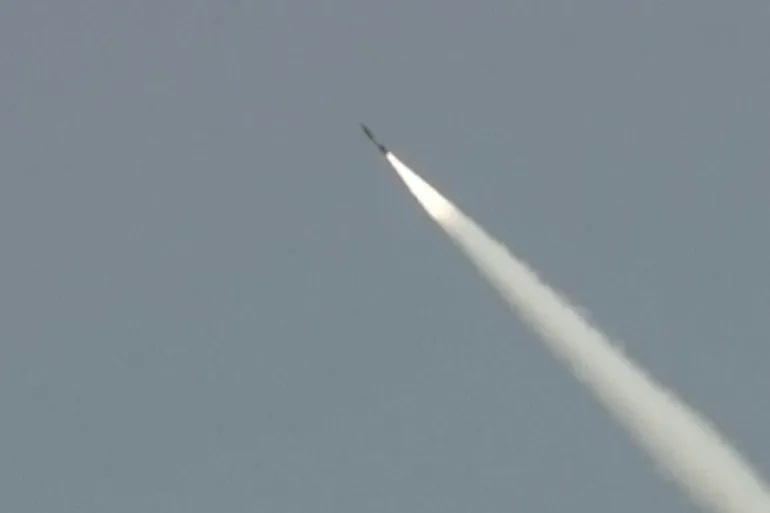
A Show of Strength
On May 3, 2025, Pakistan conducted a successful test launch of its Abdali Weapon System, a surface-to-surface ballistic missile with a range of 450 kilometres. The missile’s launch was described as a “training launch” aimed at ensuring the operational readiness of Pakistan’s strategic forces and validating key technical parameters. The test was witnessed by senior military officials and scientists, including Lt Gen Nadeem Zaki Manj, Chairman of the National Engineering and Scientific Commission (NESCOM), and Lt Gen Muhammad Ali, Commander of the Army Strategic Forces Command. Both President Asif Ali Zardari and Prime Minister Shehbaz Sharif congratulated the scientists and engineers behind the successful missile test.
Escalating Regional Tensions
The missile test comes amid heightened tensions between Pakistan and India following the deadly terrorist attack in Pahalgam, Jammu and Kashmir, on April 22, 2025. The attack resulted in the deaths of 26 people, including 25 Hindu tourists and one local Muslim. India accused Pakistan of supporting cross-border terrorism, leading to a series of retaliatory actions. India suspended the Indus Waters Treaty, expelled Pakistani diplomats, and closed its borders. In response, Pakistan suspended the Simla Agreement, restricted trade, and closed its airspace to Indian aircraft. Border skirmishes between Indian and Pakistani forces along the Line of Control (LoC) have further exacerbated the situation.
International Reactions
The international community has expressed concern over the escalating tensions between the two nuclear-armed neighbours. The United Nations has urged both India and Pakistan to exercise maximum restraint and resolve their issues through diplomatic means. Iran has offered to mediate between the two countries, while Russia, the United Kingdom, and the United States have issued travel advisories for their citizens, urging them to avoid non-essential travel to the region. The U.S. State Department has also called for the perpetrators of the Pahalgam attack to be brought to justice.
A Delicate Balance
The successful missile test by Pakistan underscores the delicate balance of power in South Asia. While Pakistan maintains that its missile development is for defensive purposes, the timing of the test amid rising tensions with India raises concerns about the potential for military escalation. Both countries possess nuclear weapons, and any conflict between them could have catastrophic consequences for the region and beyond. The international community continues to monitor the situation closely, hoping for a de-escalation and a return to dialogue between India and Pakistan.
Looking Ahead
As the situation unfolds, the focus remains on diplomatic efforts to ease tensions and prevent further escalation. The international community’s role in facilitating dialogue and encouraging restraint will be crucial in determining the future trajectory of India-Pakistan relations. The coming days will be critical in assessing whether both nations can navigate this crisis without plunging the region into deeper conflict.




































Leave a Reply